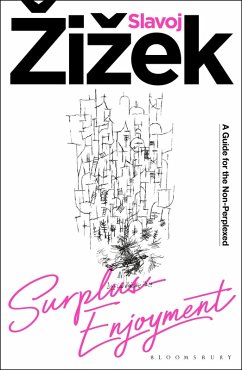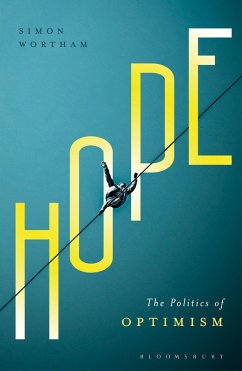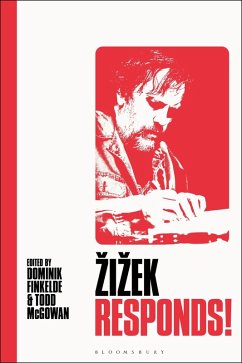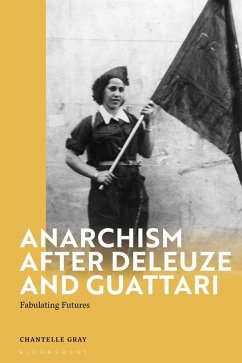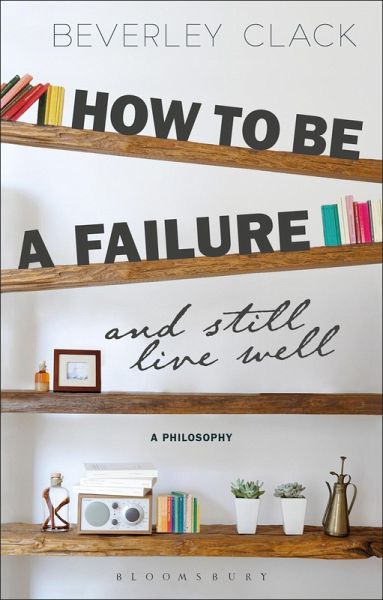
How to be a Failure and Still Live Well (eBook, ePUB)
A Philosophy

PAYBACK Punkte
10 °P sammeln!
In consumer economies, success has increasingly been defined in terms of material attainment and the achievement of status. This model of 'the good life' and its formulas for success ignore the haunting possibility that one may not succeed and as a result be deemed 'a failure'. How to be a Failure and Still Live Well explores that often neglected theme of failure, not just as the opposite of achievement, but also, and more importantly, how it has been conflated with loss: that which haunts all transient, mortal human experience.Understanding loss as a form of failure affects our ability to cop...
In consumer economies, success has increasingly been defined in terms of material attainment and the achievement of status. This model of 'the good life' and its formulas for success ignore the haunting possibility that one may not succeed and as a result be deemed 'a failure'. How to be a Failure and Still Live Well explores that often neglected theme of failure, not just as the opposite of achievement, but also, and more importantly, how it has been conflated with loss: that which haunts all transient, mortal human experience.
Understanding loss as a form of failure affects our ability to cope with the everyday losses that permeate existence as a result of the natural processes of ageing, death, and decay. Engaging with loss and thinking about what it inevitability means for our lives and commitments, allows different values to emerge than those connected to success as attainment. Relationships, spontaneity, and generosity are explored as qualities that arise from taking seriously our vulnerability and that form the basis for richer accounts of what it might mean to 'live well'.
Understanding loss as a form of failure affects our ability to cope with the everyday losses that permeate existence as a result of the natural processes of ageing, death, and decay. Engaging with loss and thinking about what it inevitability means for our lives and commitments, allows different values to emerge than those connected to success as attainment. Relationships, spontaneity, and generosity are explored as qualities that arise from taking seriously our vulnerability and that form the basis for richer accounts of what it might mean to 'live well'.





